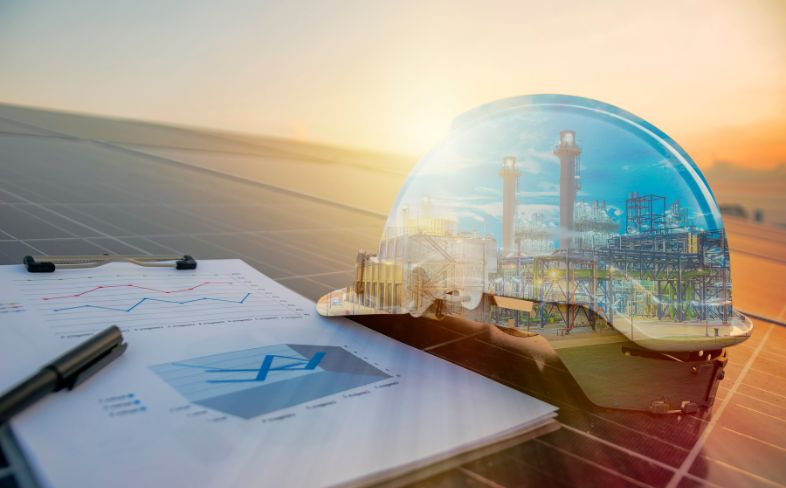The European Bank for Reconstruction and Development (EBRD), the OPEC Fund for International Development (the OPEC Fund), the African Development Bank (AfDB), the Green Climate Fund (GCF) and Arab Bank have signed a US$114mn financing package with ACWA Power for the construction of the largest private solar plant in Egypt
The development of the Kom Ombo solar plant will add 200MW of energy capacity, increasing the share of renewable energy in Egypt?s energy mix and further promoting private-sector participation in the Egyptian power sector.
The package comprises loans of up to US$36mn from the EBRD, US$18mn from the OPEC Fund, US$17.8mn from the AfDB, US$23.8mn from the GCF and US$18mn from Arab Bank. This is in addition to equity bridge loans of up to US$14mn from EBRD and US$33.5mn from Arab Petroleum Investments Corporation (APICORP).
The new Kom Ombo plant will be located less than 20 km from Africa?s biggest solar park, the 1.8GW Benban complex. Once operational, the new utility-scale plant will serve 130,000 households.
ACWA Power submitted the lowest tariff in what was the first solar photovoltaic (PV) tender in Egypt. The provision of solar energy through a public tendering process aims to achieve a competitive tariff and promote the growth of solar energy as an affordable alternative to conventional energy sources.
Private-sector participation in the Kom Ombo project is the result of successful policy dialogue with the Ministry of Electricity and Renewable Energy and the Egyptian Electricity Transmission Company (EETC), as well as a US$3.6mn technical assistance programme, co-funded by the EBRD and the GCF, to support the EETC in administering competitive renewable energy tenders. In addition, the project has also benefitted from broader energy-sector reforms supported by the AfDB in recent years to scale up the involvement of the private sector.
The AfDB?s vice-president in charge of power, energy, climate change and green growth Kevin Kariuki said, ?The Kom Ombo solar project is a truly remarkable transaction. It not only clearly demonstrates the indisputable competitiveness of solar PV vis-?-vis conventional sources of generation, but it also directly contributes towards the realisation of Egypt's ambitious renewable energy targets, in addition to being an excellent example of what stakeholders driven by a shared objective can achieve.?
The Kom Ombo plant will contribute to the Egyptian government?s target to generate 42% of the country?s electricity from renewable energy sources by 2035 while delivering one of the lowest generation tariffs on the continent.



























